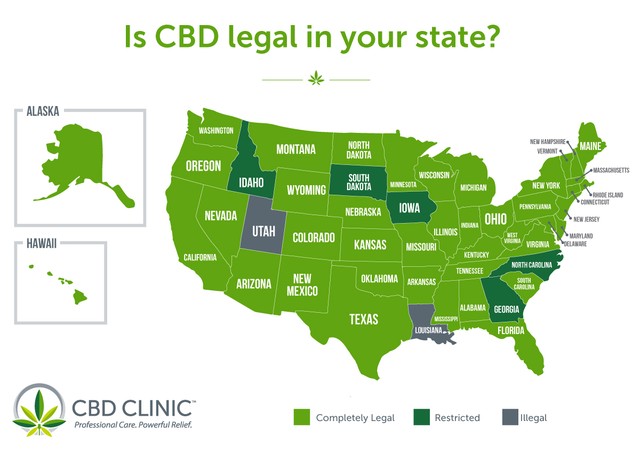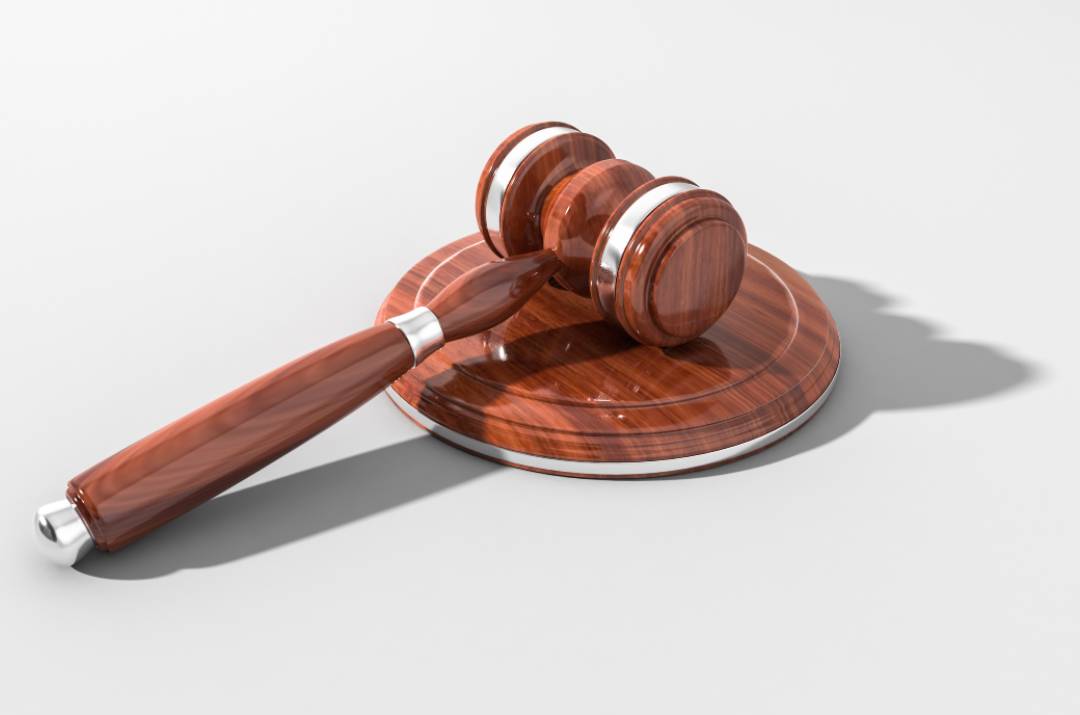It’s been a little over a year since the 2018 Farm Bill legalized industrial hemp at the federal level, paving the way for a budding CBD industry. With the legalization of industrial hemp, the CBD market set off like an atomic bomb and it is expected to grow exponentially, reaching $1.3 billion by 2022. That’s over a 300% increase from 2018, when the market was estimated at $390 million.
But wait a minute. Just because CBD is federally legal, doesn’t that mean it’s an automatic “in” in your state? The answer is no. Each state carries its own harvest, transport, export, and sales laws.
Consumers and growers alike are still scratching their heads even after the passing of the 2018 Farm Bill.
Individual states have the right to oversee the production and sale of hemp, and it is evident that states are beginning to accept it because hemp is now covered by crop insurance in 21 states. Since CBD is such a new market, legislation surrounding it is in a constant state of change.
To help you navigate the rules in your state, we’ve collected the latest information on individual state laws and restrictions for industrial hemp.
First, we’ll begin with an overview of what CBD is, then we’ll follow up with a helpful infographic that you can keep for yourself and give to your clients or patients for reference, which highlights the current legal status of CBD by state.
CBD 101: A Brief Recap on Cannabis and CBD
1) What’s the difference between cannabis, hemp, and marijuana?
Although both hemp and marijuana are both cannabis plants, there is one key difference. Industrial hemp in the United States is grown from the Cannabis sativa L. hemp plant that contains less than 0.3% or no THC at all. Marijuana is harvested from cannabis plants that contain more than 0.3% THC, the cannabinoid responsible for the “high.”
2) What’s the difference between THC and CBD?
Cannabis plants contain over 100 cannabinoids, most notably tetrahydrocannabinol (THC) and cannabidiol (CBD). Although structurally similar, THC and CBD play different roles in the body. For brevity, we’ll focus on what you need to communicate to your patients—the primary difference between THC and CBD.
In short, THC is the psychoactive part of the plant. It is responsible for the “high,” euphoric feeling, while CBD will not alter your client’s/patient’s state of mind.
3) The Endocannabinoid System and Cannabinoids
The Endocannabinoid System (ECS) is a complex, cell-signaling system in the mammalian brain and body. This system, discovered in the 1990’s, helps the body maintain homeostasis by regulating physical and mental processes. There are two identified cannabinoid receptors in the body, CB1 and CB2. The CB1 receptors are found in the central nervous system and several areas in the brain. The CB2 receptors are primarily found in the immune system. Both receptors are also found in all areas of the skin. Since phytocannabinoids like CBD activate cannabinoid receptors in the body, they play an integral role in topical products.
To learn more about boosting your business with CBD,download your FREE E-Book
Which States Permit CBD
Below is the infographic we promised you summarizing the legality of CBD by state:

Note: This information is subject to change. The information is based on research from Feb. 25, 2020.
- Light green states: CBD is completely legal.
- Dark green states: CBD is legal but with some restrictions/cautions:
- North Carolina, Georgia and South Dakota are cautious about CBD
- Hawaii has issued caution on CBD safety
- CBD products in Louisiana and Utah need to be registered with the state government.
- Grey states: CBD is illegal
Ultimately, legality of CBD and its use is determined by individual states.
Some of the differences between state laws arise from where the CBD derives from – industrial hemp or marijuana? Is it for medicinal or recreational use? These are just two of the questions legislatures examine when establishing their state’s CBD laws.
As previously stated, CBD laws are changing all the time as lawmakers and regulators try to understand more about CBD, its uses, and its effectiveness. That’s why it’s crucial to stay updated about the legal status of CBD. It is evident that as new research continues to emerge, state laws and regulations will continue to evolve.




